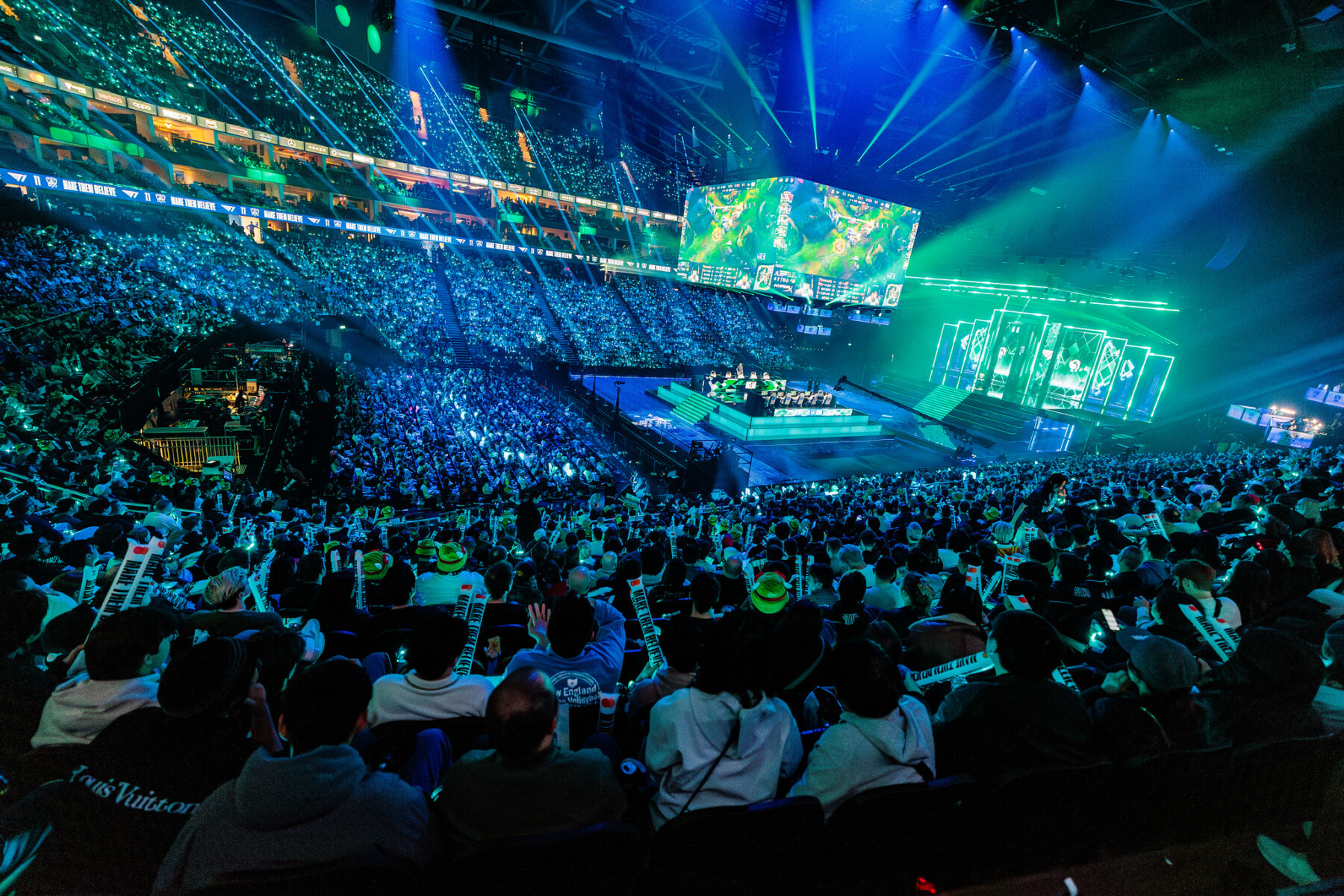The world of competitive gaming is evolving at a breakneck pace, and 2025 is shaping up to be a transformative year for esports. Once considered a niche hobby, esports has now become a multi-billion-dollar industry with global tournaments, dedicated fan bases, and even mainstream media coverage. In this article, we delve into how esports is redefining entertainment, explore the latest trends, and discuss what the future holds for competitive gaming.
The Growth of Esports
Esports has experienced exponential growth over the past decade. In 2025, viewership numbers and revenue streams continue to soar as more people turn to live-streamed competitions for entertainment. Major titles such as League of Legends, Dota 2, and Counter-Strike have built vast communities, while emerging games are also beginning to carve out their own niches. The convergence of technology, social media, and global connectivity has propelled esports into the spotlight.
-
Global Audience: Esports now boasts millions of fans worldwide, with tournaments drawing viewership numbers comparable to traditional sports events.
-
Economic Impact: Sponsorships, merchandise, advertising, and media rights are fueling a robust financial ecosystem around competitive gaming.
-
Cultural Influence: Esports is influencing not only entertainment but also education and career opportunities, as players, coaches, and analysts forge professional paths in the industry.
Key Trends in Esports for 2025
1. Mainstream Media Integration
In 2025, esports has firmly entered the mainstream. Traditional broadcasters, sports networks, and streaming platforms are investing heavily in esports events. Major networks now regularly cover tournaments and feature segments on popular esports personalities. This integration is driving further legitimacy and expanding the industry’s reach beyond core gaming communities.
-
Broadcast Deals: Partnerships between esports leagues and TV networks help bring competitions to a wider audience.
-
Celebrity Endorsements: Famous athletes and entertainers are collaborating with esports organizations, further bridging the gap between traditional sports and competitive gaming.
2. Technological Advancements
Advances in technology are setting the stage for a new era in competitive gaming. With improvements in hardware, faster internet speeds, and the advent of 5G, the online gaming experience has never been smoother. In esports, these enhancements mean less latency, more immersive gameplay, and better-quality live streams.
-
Enhanced Streaming: High-definition and ultra-low latency streaming allow fans to enjoy tournaments in real time with crystal-clear visuals and minimal delay.
-
Virtual and Augmented Reality: Some tournaments are experimenting with VR and AR, offering viewers unique perspectives and interactive experiences that go beyond traditional broadcast methods.
3. Expansion of Esports Titles
While established games continue to dominate, 2025 is also witnessing the rise of new esports titles. Independent developers are creating innovative competitive games that offer fresh mechanics and unique gameplay. These new entrants are broadening the scope of esports and challenging traditional titles by providing alternative experiences that cater to different player demographics.
-
Diverse Genres: From tactical shooters and real-time strategy to sports simulations and battle royales, the esports landscape is more varied than ever.
Advestisment
-
Innovative Formats: New formats and tournament structures are emerging, providing varied competitive experiences and engaging different segments of the gaming audience.
4. Community and Grassroots Development
Community engagement remains at the heart of esports. In 2025, many tournaments and leagues are actively involving local communities and grassroots organizations. This approach not only nurtures emerging talent but also builds a solid foundation for long-term growth.
-
Local Tournaments: Small-scale, community-driven competitions are becoming breeding grounds for future esports stars.
-
Online Forums and Social Media: Platforms like Discord, Reddit, and Twitter serve as hubs where fans and players discuss strategies, share highlights, and build lasting connections.
Challenges Facing Esports
Despite its rapid growth, the esports industry is not without challenges. Addressing these issues is key to ensuring sustainable development.
-
Health and Wellness: The intense nature of competitive gaming can lead to burnout, eye strain, and other health issues. Organizations are beginning to invest in wellness programs to help players manage stress and maintain physical and mental health.
-
Regulatory Hurdles: As esports grows, so does the need for standardized regulations. Issues such as player contracts, prize distribution, and gambling concerns must be managed carefully.
-
Balancing Competition and Fair Play: Cheating, match-fixing, and technological discrepancies remain persistent issues. Implementing robust anti-cheat systems and fair play policies is crucial for preserving the integrity of competitions.
The Future of Esports
Looking ahead, the future of esports is bright. With technological innovations, increasing mainstream recognition, and a growing global audience, the industry is poised for even greater heights.
-
Greater Investment: More funds from investors and sponsors will further professionalize the industry, leading to higher-quality tournaments and more opportunities for players.
-
Hybrid Competitions: Expect to see an increasing blend of online and offline events, where virtual tournaments are complemented by live events that bring fans and players together in person.
-
Enhanced Viewer Experiences: Innovations in broadcasting and interactive technologies will create more engaging and immersive viewing experiences, making esports accessible and entertaining for a broader audience.
-
Cross-Industry Collaborations: Collaborations between esports organizations and other entertainment sectors, such as music and film, will continue to expand the cultural impact of competitive gaming.
Conclusion
Esports in 2025 is more than just competitive gaming—it’s a dynamic, ever-evolving industry that is reshaping entertainment. With groundbreaking technological advancements, a diverse range of game titles, and a thriving community, esports is set to capture the imagination of audiences worldwide.
The trends we’ve explored—from mainstream media integration to grassroots development—demonstrate that esports is here to stay and will continue to grow in sophistication and influence. While challenges remain, the future looks promising as the industry adapts and evolves.
As a gamer, industry professional, or casual observer, there’s never been a more exciting time to be part of the esports revolution. What are your thoughts on the future of competitive gaming? Do you have predictions on which trends will dominate in the coming years? Share your insights in the comments below, and don’t forget to subscribe for more in-depth analysis and updates on the gaming world.

